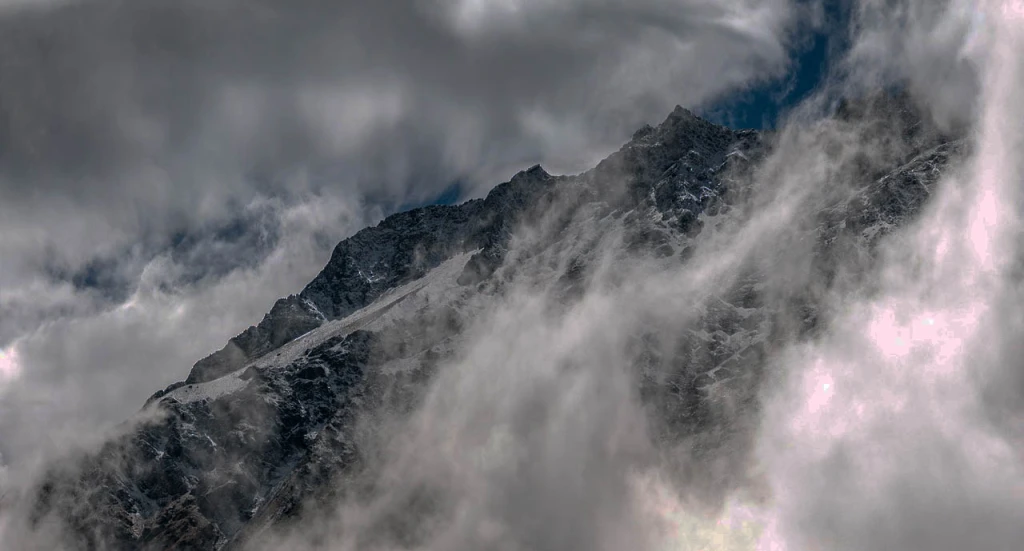Increasingly remote are the three roads to ancient Ba
Dangerous and strange for one who has traveled ten thousand li.
At night, in the midst of the jagged snowy mountains,
A lonely man is isolated and faraway from kin.
(A lonely man so different from the Xiang people)
Gradually, grows distant from his blood relations;
Time and time again, growing closer to his servants.
How, I dread to drift so far when
Tomorrow, the new year comes.
Cui Tu
Little is known of the Chinese poet Cui Tu other than his date of birth – 854, and the fact that only two of his poems are included in the Anthology of 300 Tang Poems, a book which was first compiled in 1763.
We do know that the Tang dynasty collapsed in 907. We are also aware of a rebellion lasting a decade (874–884) that resulted in the sacking of both capitals at Chang’an and Luoyang.
Needless to say, the times were turbulent. Cui Tu was possibly fleeing for his life to the relative security of mountainous Sichuan. Something, the imperial court did in times of danger. The mention of Ba in the first line, and the prefix of three, (Sanba 三巴 ) is throwback to the ancient State of Ba, which was located in eastern Sichuan. The literal meaning of ba is to cling, which describes the position of the dynasty at that time in history.
I have given an alternate translation to line four since Xiang may also refer to the Xiang people.
Piāobó, 漂 泊 in line seven is interesting as it suggests that Cui Tu will take on the life of a wanderer, drifting from here to there.
What will the New Year Bring?
Good question. Since the Tang dynasty was on its last legs, the answer is likely, not much.
New Year’s Eve is all about ringing out the old and ringing in the new, or, if you like, bringing in the new, throwing out the old. Old friends die, we make new friends, and Cui Tu must of found himself clinging to his servants not only to survive, but for comfort.
Original Chinese and Pinyin
Tiáo dì sān bā lù,
jī wēi wànlǐ shēn
luàn shān cánxuě yè
gūdú yì xiāng rén
jiàn yǔ gǔròu yuǎn
zhuǎn yú tóngpú qīn
nà kān zhǐ piāobó
míngrì suì huá xīn
迢遞三巴路
羈危萬里身
亂山殘雪夜
孤獨異鄕人
漸與骨肉遠
轉於僮僕親
那堪止漂泊
明日歲華新












